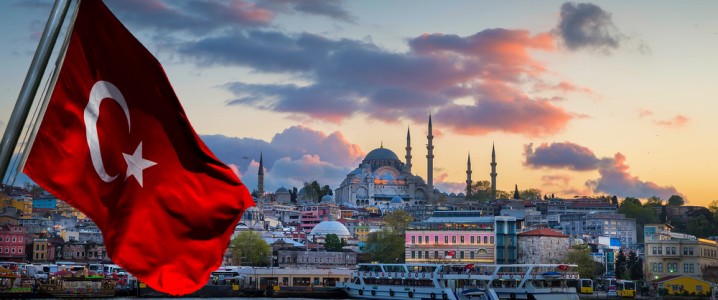Oil & Gas
TURKEY MAKES RAPID INROADS INTO AFRICA’S OIL AND GOLD SECTORS.
Irene Jerry

Turkey is actively expanding its presence in Africa and enhancing its energy security. This has been facilitated by the centralized leadership of President Erdogan, allowing the country to quickly establish ties across the continent. Next month, Turkey will send its 86-meter-long research vessel, Oruc Reis, to explore offshore oil blocks in Somalia, a move aimed at diversifying its crude supply and strengthening its influence in the region.
China’s "Angola model," which provided oil-backed loans to African nations for infrastructure projects, has seen a decline over the years. Angola, once a significant crude supplier to China, has faced challenges like aging oilfields and poor infrastructure, leading China to shift its focus to more stable oil producers such as Russia and the Gulf countries. This has left a gap in Africa, where nations like Russia and Turkey are stepping in to fill the void, forging stronger diplomatic, economic, and security ties.
Turkey's influence is particularly strong in Somalia, where it operates its largest overseas military base and manages key infrastructure in the capital. Turkish defense companies have also provided Somalia with drones to combat insurgents. In addition to its military support, Turkey has extended significant aid to Somalia and views the country as a strategic location for expanding its footprint across Africa.
Beyond Somalia, Turkey is making moves across the continent. In Niger, Turkish officials have signed agreements after the country resumed oil exports, and Turkish mining companies are exploring opportunities in gold mining. Turkish Airlines now serves numerous African destinations, further demonstrating Turkey's commitment to expanding its presence and influence on the continent.
